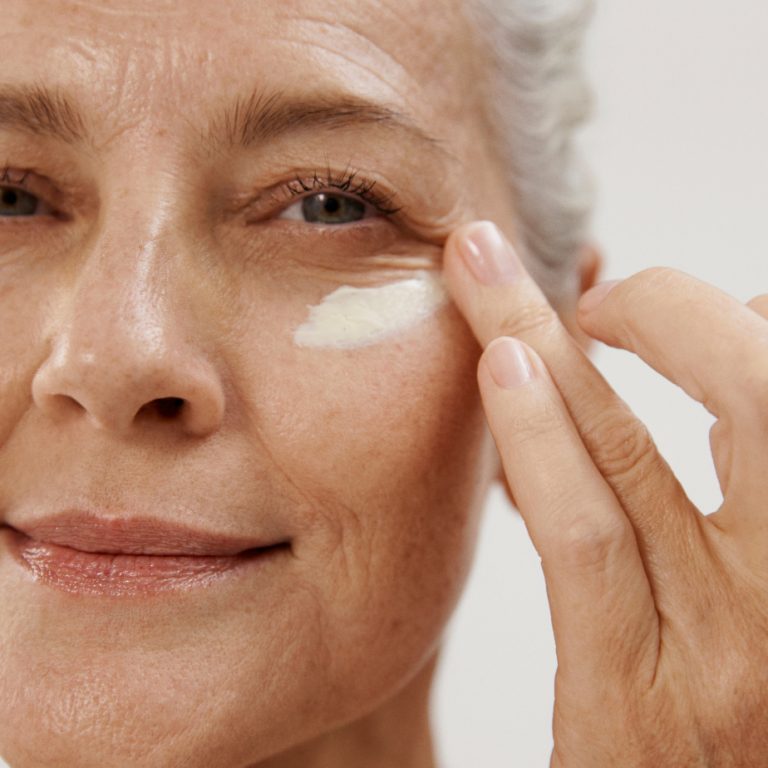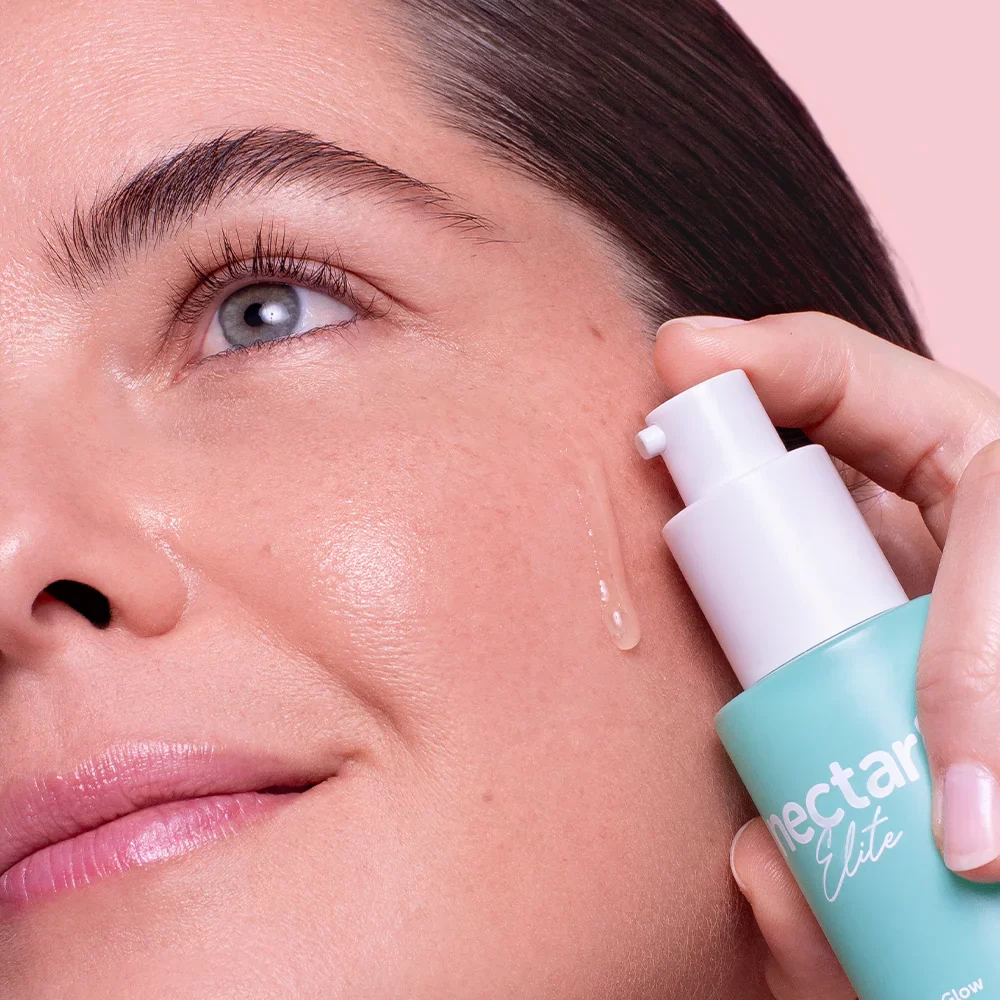
Hydrating Face Cream: Unlock the Secret to Glowing Skin
Understanding Hydration in Skincare
Hydration is crucial for maintaining healthy skin. Dehydrated skin can lead to various issues, such as dullness and premature aging. Fortunately, hydrating face cream offers a solution. These formulations provide essential moisture and restore skin’s balance. When the skin is adequately hydrated, it appears plumper and more radiant. Furthermore, hydrating face creams cater to different skin types. Whether skin is oily, dry, or combination, options are available.
Moreover, a rich blend of ingredients makes hydrating face creams effective. Common ingredients include hyaluronic acid, glycerin, and ceramides. These components draw water to the skin and lock in moisture. Hyaluronic acid, for instance, can hold up to 1,000 times its weight in water. Therefore, products rich in this ingredient are incredibly effective. Additionally, glycerin acts as a humectant, attracting moisture from the environment. Combining these ingredients creates a robust formula for skin hydration.
Transitioning to a daily skincare routine can also improve skin texture. Start the day with a gentle cleanser, followed by a hydrating serum. Next, apply the hydrating face cream to seal in moisture. This routine helps maintain skin’s hydration levels throughout the day. Similarly, a nighttime routine is equally essential. Washing the face before bed allows the cream to work overnight. As a result, skin is rejuvenated by morning.
It’s also important to evaluate your environment. Factors such as weather, humidity, and air conditioning affect skin health. During harsh winters, air can become dry and stripped of moisture. In such cases, a thicker hydrating face cream is beneficial. On the other hand, lighter formulations work better in humid conditions. Understanding your skin’s needs helps in selecting the right product.
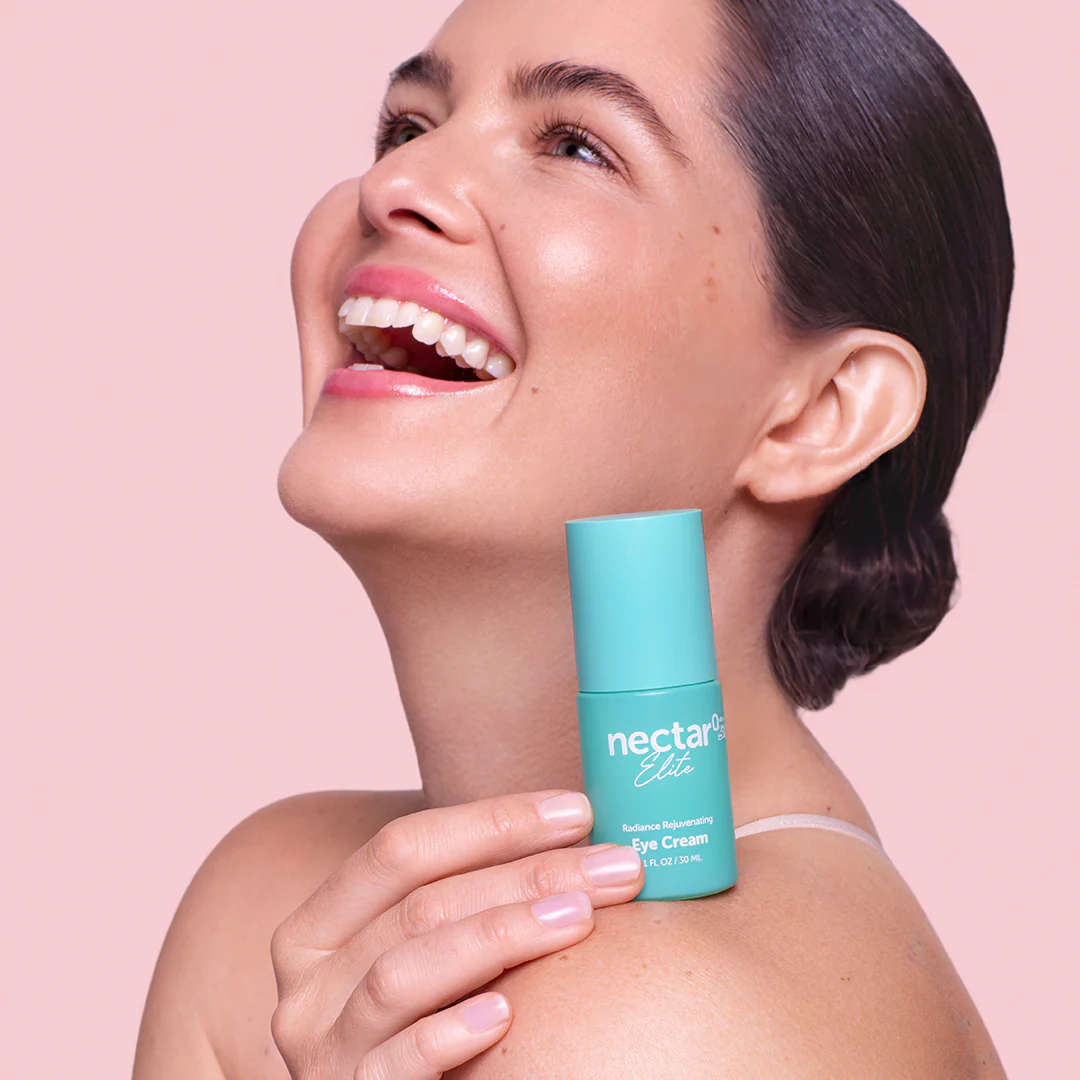
Key Ingredients to Look For in Hydrating Face Creams
When choosing a hydrating face cream, ingredient quality matters. Look for creams containing natural oils, like jojoba and coconut. These oils sustain moisture and provide nourishment to the skin. Jojoba oil mimics the skin’s natural sebum. Thus, it can balance oil production while keeping skin hydrated. Coconut oil, rich in fatty acids, enhances moisture retention.
Furthermore, antioxidants are valuable additions to any cream. Ingredients such as vitamin E and green tea extract offer protection against environmental stressors. They combat free radicals that contribute to skin aging. Including these ingredients promotes a more youthful appearance. Also, peptides can improve skin’s elasticity and firmness. This results in a smoother, more resilient complexion.
Transitioning to a cream that features peptides could yield noticeable results. Users may observe firmer and more toned skin over time. Additionally, many brands now offer cruelty-free and sustainable options. Choosing such products supports ethical practices in the beauty industry.
Furthermore, consider fragrance-free options, especially for sensitive skin. Fragrances can irritate and lead to reactions in some individuals. Opting for unscented formulations ensures a safer skincare routine. Hydrating face creams cater to everyone, and sensitivity should not compromise hydration.
How to Apply Hydrating Face Cream Effectively
Applying hydrating face cream correctly maximizes benefits. First, clean the skin with a gentle cleanser. Thoroughly rinse and pat the skin dry with a clean towel. Leaving the skin slightly damp enhances moisture absorption. Following cleansing, consider applying a toner or hydrating serum. These steps prepare the skin for the cream.
Next, take a small amount of hydrating face cream. Warm it between the palms for better application. Gently massage the cream onto the face using upward circular motions. Starting from the center of the face, work outward. This technique promotes circulation and improves product absorption.
Don’t forget to include the neck in your routine. The neck often shows signs of aging and deserves equal pampering. Use the same upward strokes to apply the cream. Ensure an even layer covers all areas for complete hydration.
It’s advisable to allow some time for absorption. This ensures that the product penetrates the skin effectively. After the cream has absorbed, follow with sunscreen during the day. Protection is essential to maintain overall skin health. Sunscreen prevents damage from UV rays, which can lead to dehydration.
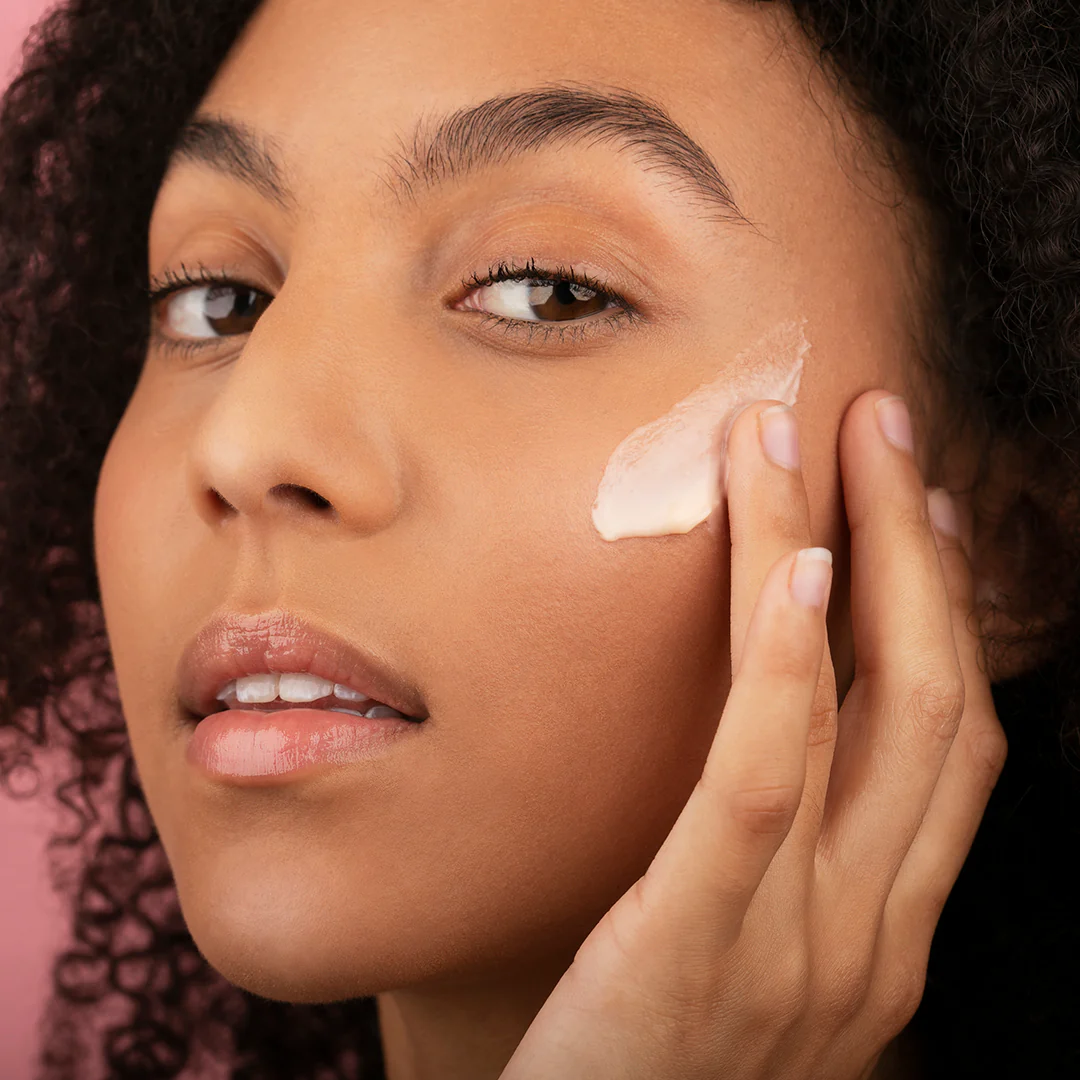
Benefits of Using Hydrating Face Cream in Your Daily Routine
Incorporating a hydrating face cream brings numerous benefits. Firstly, it maintains optimal skin hydration levels. Proper hydration results in a radiant complexion. Also, hydrated skin better protects against environmental factors. A robust moisture barrier prevents pollutants from penetrating the skin.
Additionally, using a hydrating cream can improve skin texture. Regular application helps to minimize the appearance of fine lines and wrinkles. Those who struggle with dryness often notice smoother skin over time. Hydrated skin appears plump, youthful, and fresh.
Moreover, a well-formulated hydrating cream can enhance overall skin health. Ingredients like antioxidants and vitamins nourish and protect the skin. Regular use reduces the risk of irritation or sensitivity from external factors. Consequently, the skin becomes more resilient and adaptive.
Furthermore, a hydrating face cream can be a versatile product. It works well as a base for makeup or can be used alone for a natural look. In fact, many makeup artists recommend hydrating creams. They create an excellent canvas for foundation application.
Finally, the psychological benefits of a skincare routine shouldn’t be overlooked. Engaging in a daily skincare ritual fosters self-care. Taking time for oneself promotes mental well-being. Therefore, using a hydrating face cream contributes to both outer and inner beauty.
The Best Hydrating Face Creams Available Today
Several hydrating face creams stand out in the beauty market today. These products combine effective ingredients with positive user experiences. One noteworthy option is the Neutrogena Hydro Boost Water Gel. This gel-based cream features hyaluronic acid, delivering intense hydration. Users find it light and effective for both day and night use.
Another popular choice is CeraVe Moisturizing Cream. Enriched with ceramides and hyaluronic acid, it provides long-lasting hydration. Many appreciate its non-greasy formula and affordability. Furthermore, this cream is suitable for various skin types, making it a versatile option.
Clinique’s Moisture Surge 72-Hour Auto-Replenishing Hydrator deserves attention too. This formula claims continuous hydration, even after washing. Users appreciate its lightweight texture and fast absorption. It provides an instant moisture boost and a fresh feel.
Additionally, La Roche-Posay’s Toleriane Double Repair Face Moisturizer is gaining popularity. It contains prebiotic thermal water and offers soothing hydration. Many users with sensitive skin find it calming and effective. The cream is designed to restore the skin’s balance and barrier function.
Finally, for those seeking luxury options, consider the Drunk Elephant Lala Retro Whipped Cream. This product features a blend of six African oils and plant ceramide complex. Its rich texture delivers deep hydration for dry skin. Users rave about its nourishing and revitalizing properties.

Common Mistakes When Using Hydrating Face Creams
Using hydrating face creams may seem straightforward, but mistakes can occur. One common mistake is applying too much product. Using excessive amounts can lead to clogged pores. Instead, a small amount usually suffices for effective hydration.
Another typical error involves neglecting nighttime care. While daytime routines are essential, nighttime application offers rejuvenation benefits. Skin repairs itself during sleep. Therefore, applying a hydrating cream at night promotes overnight recovery.
Furthermore, some individuals forget to layer products correctly. For optimal hydration, apply hydrating serums before the cream. This enhances moisture retention and effectiveness. In contrast, applying hydrating creams on dry skin can limit their benefits.
Moreover, failing to adjust products based on seasons is another pitfall. Winters often call for richer creams due to dry air. Conversely, lighter formulations may be more suitable in humid summers. Adapting skincare routines based on environmental changes is crucial.
Lastly, some overlook the importance of patch testing new products. This step helps identify potential reactions before full application. Taking this precaution ensures the chosen product is compatible with individual skin types. Ultimately, avoiding these mistakes can significantly enhance the effectiveness of a hydrating face cream.
Maintaining Hydrated Skin Beyond Just Creams
Using a hydrating face cream is just one aspect of maintaining hydrated skin. Lifestyle choices impact skin health significantly. For instance, drinking plenty of water is essential. Staying well-hydrated keeps skin cells plump and supple. Experts recommend consuming at least eight glasses of water daily.
Furthermore, a balanced diet rich in fruits and vegetables supports skin health. Foods high in antioxidants, vitamins, and fatty acids nourish the skin from within. Including options like salmon, avocados, and berries can yield excellent results. Foods rich in omega-3 fatty acids, such as nuts and seeds, are especially beneficial.
Moreover, skincare practices like regular exfoliation help maintain hydrated skin. Gently removing dead skin cells allows hydrating products to penetrate better. However, avoid over-exfoliating, as this can lead to irritation. Using mild exfoliants once or twice a week is sufficient for most skin types.
Also, consider environmental factors. Harsh weather or exposure to air conditioning can dehydrate the skin. Using a humidifier in dry environments can counteract this effect. Humidifiers add moisture to the air, which benefits skin health significantly.
Lastly, managing stress plays a crucial role in skin hydration. Stress can lead to imbalances that affect skin condition. Engaging in activities such as yoga or meditation can help alleviate stress. Ultimately, maintaining hydrated skin requires a holistic approach that combines skincare with healthy lifestyle choices.
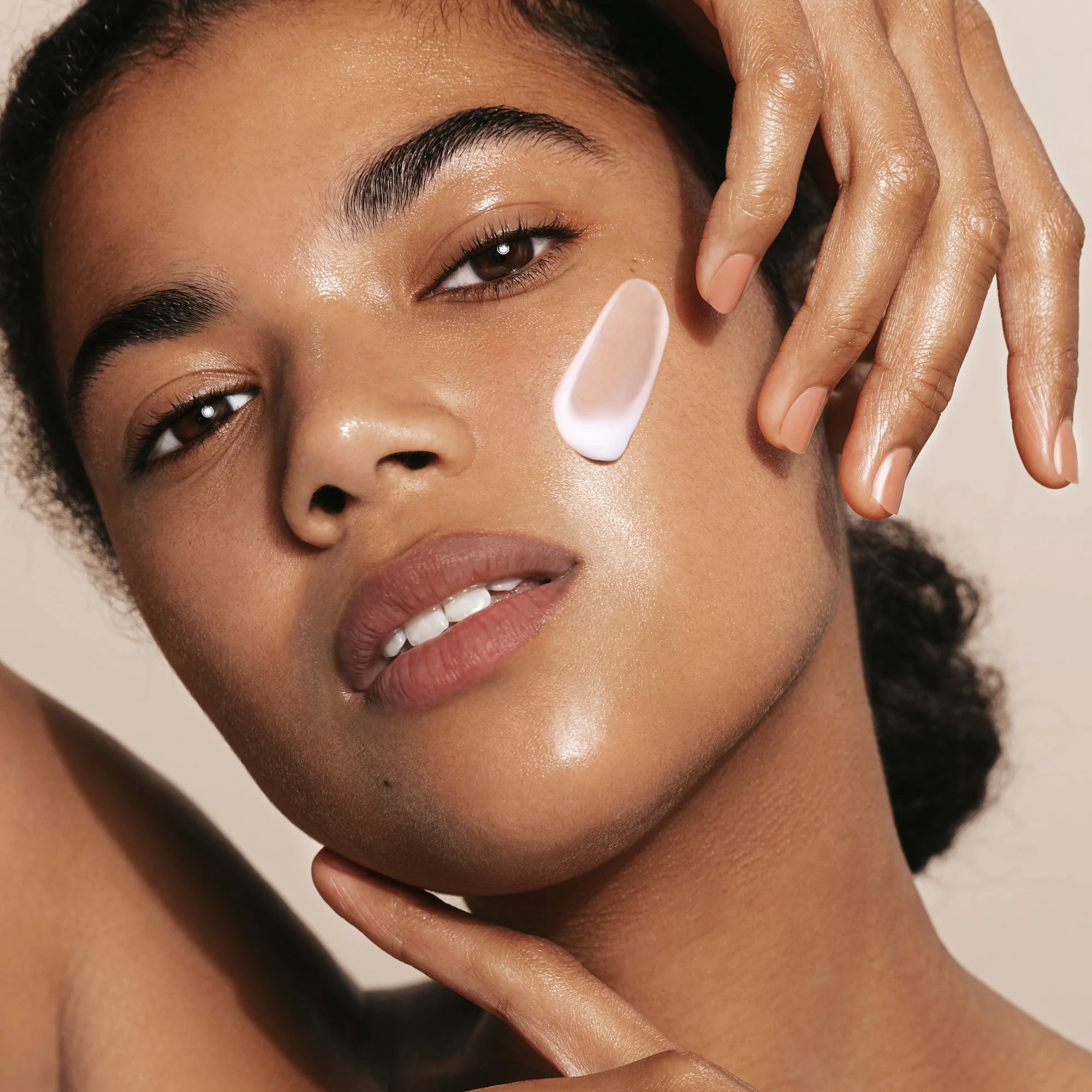
Conclusion: Embrace Hydration for Healthy, Glowing Skin
Hydrating face creams remain essential in the pursuit of healthy skin. Understanding the ingredients and how to apply these creams is crucial. Incorporating the right products into daily skincare routines delivers noticeable results. In addition, staying adequately hydrated and following a balanced diet is equally important. Together, these practices foster beautiful, resilient skin.
As new formulations enter the market, finding the perfect product becomes easier. Various options cater to diverse skin needs and preferences. Therefore, consumers are encouraged to experiment with different creams. This exploration may reveal products that enhance radiance and overall skin health.
Furthermore, maintaining skin hydration extends beyond topical applications. Lifestyle factors play a significant role in achieving optimal hydration. Staying hydrated, nurturing skin with nourishing foods, and managing stress can dramatically impact skin health.
In conclusion, hydration is the cornerstone of a vibrant complexion. Embracing a comprehensive skincare approach fosters healthy, glowing skin. With the right knowledge and commitment, anyone can achieve a radiant appearance. Thus, taking the first step toward hydration can transform skin for the better.
